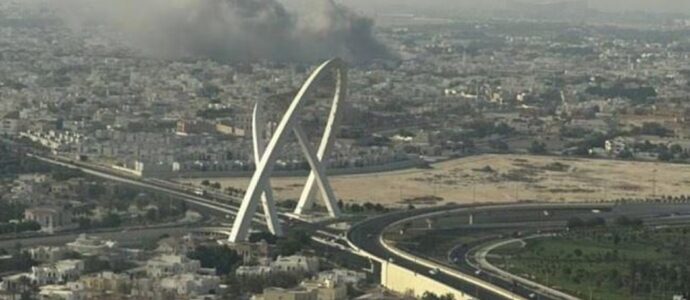
The Israel Defense Forces (IDF) and the country’s security services announced a targeted strike against the leadership of the Hamas movement in the Qatari capital, Doha. The statement notes that the figures who were eliminated had coordinated the organization’s activities for many years and were responsible for the attack on October 7, 2023. The Qatari Foreign Ministry confirmed the strike and called it a “cowardly attack,” stressing that the attack took place in residential areas and poses a threat to the safety of the country’s citizens.
The incident could be a turning point in regional dynamics:
Israel-Qatar relations. Doha has traditionally acted as a mediator between Israel and Hamas and has played a key role in humanitarian negotiations. A direct strike on Qatari territory could freeze these channels and lead to increased tensions.
The position of the US. Qatar is a strategic ally of Washington, and one of the largest American military bases in the Middle East (Al Udeid) is located on its territory. The US reaction will be decisive: the balance between supporting Israel and maintaining relations with Doha will require a delicate diplomatic line from the White House.
Regional escalation. The Qatari Foreign Ministry has already condemned the strike. Analysts do not rule out the consolidation of a number of Arab countries against Israel in the diplomatic arena, which could complicate US plans to create new security alliances in the region.
Economic aspect: the oil market
Qatar is the world’s largest exporter of liquefied natural gas (LNG) and a major player in the oil market. Any deterioration in security in the country or the risk of Qatar being drawn into direct conflict is immediately perceived by the market as a signal of potential supply disruptions.
Price reaction. Traditionally, escalation in the Middle East leads to higher oil prices due to the risk premium. Even in the absence of physical disruptions, traders factor the likelihood of the conflict spreading into the price.
Long-term prospects. If Qatar’s diplomatic isolation intensifies, it could change LNG supply routes to Europe and Asia, strengthening the position of other suppliers (such as the US or Australia).
Israel’s strike against Hamas leaders in Qatar opens a new level of confrontation that could have far-reaching consequences. In addition to the military and political components, the incident could affect global energy, increasing volatility in oil and gas markets. In the short term, oil prices can be expected to rise due to the “risk premium,” and in the medium term, diplomatic and trade alliances in the region could be restructured.